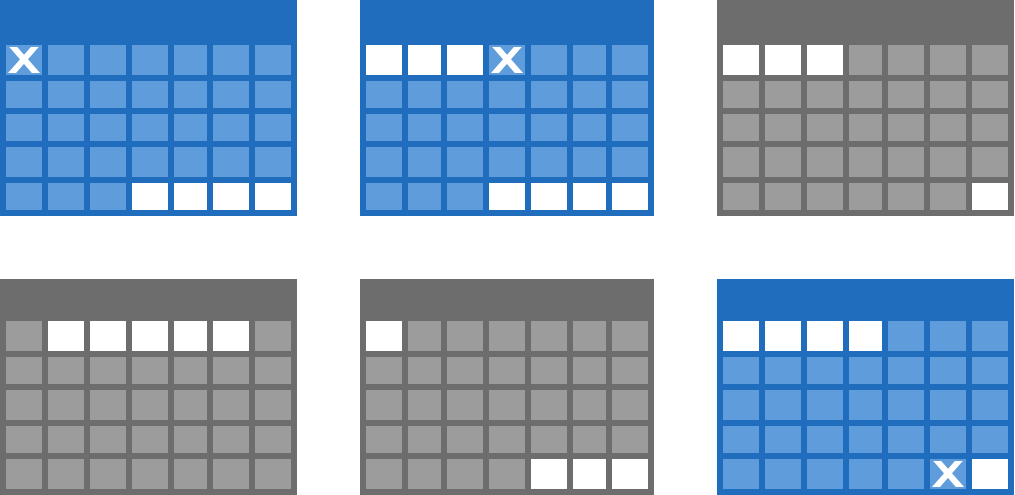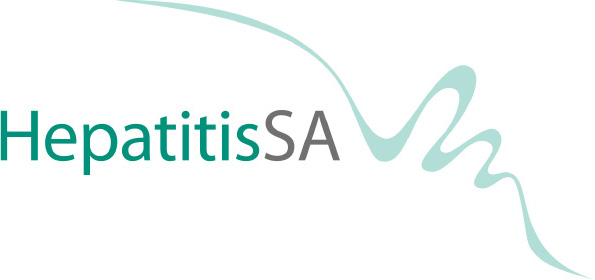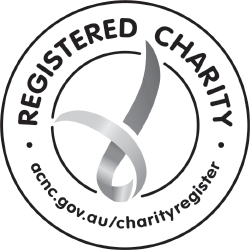Should I get tested?
Hepatitis B is a liver infection caused by the hepatitis B virus. Left unmanaged, hepatitis B can lead to serious liver disease such as liver failure and liver cancer.
There are 200,380 Australians living with hepatitis B, including 10,512 in South Australia.

3 in 10 Australians with hepatitis B don't know they have it.
You may have hepatitis B and not know it. The Hepatitis B virus is carried in the blood and in body fluids. Most people with chronic hepatitis B got it during birth from mothers who had hepatitis B, with people from regions of high prevalence at greater risk.
High prevalence regions include:
- East Asia
- South East Asia
- Remote Aboriginal communities
- Sub-Saharan Africa
- Parts of South America
You can also get hepatitis B from:
- unprotected sex with someone with hepatitis B.
- open cuts or wounds that have been exposed to the blood of someone with the virus.
- medical, dental, tattooing, body art, or cosmetic procedures with unsterile equipment, especially in regions of high prevalence.
Consider getting tested if you don't know whether you have hepatitis B and:
- you or your family come from a region of high prevalence, or
- someone in your family or household has hepatitis B.
For more information on hepatitis B testing visit our Hepatitis B Testing page.
How do I get tested?
Ask your doctor for a test.
If you have hepatitis B and your family members have not been tested or vaccinated, talk to your doctor about testing for your family.
If you need help finding a GP, call Hepatitis SA on 1800 437 222 for a referral.
Should I get vaccinated?
The best protection against hepatitis B is vaccination. It is safe and effective.
If a family member or someone in your household has hepatitis B and your hepatitis B test results show that you are not immune, talk to your doctor about getting vaccinated. It should be free for you.
If you are a health worker involved in exposure prone procedures, chances are you've already been tested and vaccinated if not already immune. If you haven't, speak to your GP.

A complete course of hepatitis B vaccination consists of three doses given over a period of six months.
Hepatitis B vaccination in South Australia is free for people considered to be high risk. These include the homeless, sex workers, people living with someone with hepatitis B, people with HIV and other chronic liver disease, and Aboriginal and Torres Strait Islander people.
To see the full list of who is eligible for free vaccination under the High Risk Hepatitis B Immunisation Program, visit the SA Health website.
For more information on hepatitis B vaccination visit our Hepatitis B Vaccination & Prevention page.
How do I get vaccinated?
Ask your doctor about getting vaccinated.
If you need help finding a GP, call Hepatitis SA on 1800 437 222 for a referral.
Visit the SA Health website to see if you are eligible for a free hep B vaccination in South Australia.
How do I live well with hep B?
Hepatitis B diagnosis may seem like a huge barrier to a normal life but with proper management, it is possible to minimise the impact of the virus and live a full, healthy life. The two key tools are:
- Regular monitoring - See a doctor at least once every six months for a liver check and blood tests.
- Vaccination: - There is a safe, effective vaccine for hepatitis B. Get family and household members tested. If they are not immune, they can be vaccinated to protect them against the hepatitis B virus.
Monitoring
There is currently no cure for hepatitis B, but there is treatment to manage the virus. Not everyone with hepatitis B needs treatment but six-monthly liver checks and blood tests will ensure that treatment can be given without delay, if and when it is needed.

With regular monitoring and treatment as needed, most people with hepatitis B live normal, healthy lives.
Hepatitis B monitoring is managed best by specialists or accredited general practitioners. If you have hepatitis B and are not being monitored regularly, you should consider starting.
Vaccination
The easiest and best way to protect people close to you is a safe and highly effective vaccine available to people of all ages. For most people three doses over six months will provide life-long protection.

If immunity does not develop after three doses, extra doses may be needed. Your family and household could be eligible for free hepatitis B vaccinations. (https://bit.ly/hepbvax-eligibility-sahealth.)
Pregnancy and Babies
Babies do not inherit hepatitis B through their parents’ genes.
Mothers with hepatitis B may pass it to baby during the birthing process, but this can be prevented with a dose of vaccine and Immunoglobulin given to baby in the first 4 to 12 hours after birth. Immunoglobulin is a blood product with hepatitis B antibodies. Protect baby further with three more doses, given at two, four and six months.

If needed, mothers with hepatitis B may be given treatment during pregnancy to reduce transmission risk to baby.
Unless mother’s nipples are bleeding, breastfeeding is perfectly safe even if mother has hepatitis B.
Staying healthy
In addition to regular monitoring, a healthy diet and keeping as physically active as possible will help maintain liver health. Limit fat and alcohol intake as these are damaging to your liver.
If you are not immune to hepatitis A, get a vaccination. Any additional liver infection would put further strain on your liver.
For more information on hepatitis B treatment visit our Hepatitis B Treatment page.
How do I start getting monitored?
Ask your doctor for a referral to a specialist or talk to a HBV GP Prescriber.
You can also search for a HBV Prescriber near you by visiting the ASHM hepatitis B prescriber locator or use the map below to find South Australian HBV Prescribers.
If you need help finding an understanding GP, call Hepatitis SA on 1800 437 222 for a referral.
Chinese users can access the Hepatitis SA Chinese language information service via WeChat on 0403 648 348.
Information for GPs
General Practitioners can prescribe and manage the treatment of hepatitis B upon completion of the Hepatitis B Community s100 Prescriber Program.
The HBV Prescriber Program enables GPs to prescribe Highly Specialised Drugs (HSDs) for the treatment of chronic hepatitis B and is available in all states and territories across Australia. Accredited prescribers are able to initiate treatment and the medicines can be dispensed in the community.
Expressions of interest and general enquiries can be directed to ASHM at This email address is being protected from spambots. You need JavaScript enabled to view it..
For more information on the HBV Prescriber Program visit the ASHM website.










